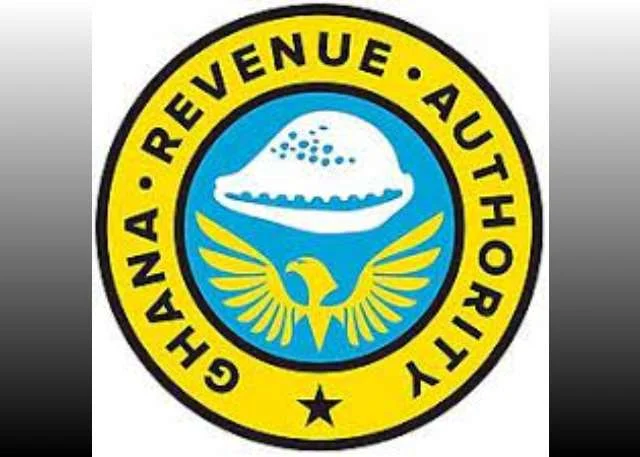On January 16, 2023, the Ghana Revenue Authority (GRA) issued a statement affirming that it adhered to legal procedures in serving a notice of tax assessment to MTN Ghana, addressing the telecommunications giant’s objections to a $773 million tax bill for the period 2014 to 2018. The dispute, which has drawn significant attention, underscores the complexities of tax administration in Ghana amid ongoing economic challenges.
GRA’s Response to MTN’s Concerns
The GRA, through a statement by Mrs. Florence Asante, Assistant Commissioner for Communication and Public Affairs, emphasized that it followed due process in issuing the tax assessment notice to MTN Ghana on January 10, 2023. The authority stated that it engaged MTN as required by law, ensuring clear communication of the assessment’s basis. “The audit was conducted as required by law, adhering to the principles of fairness and transparency,” the GRA asserted, citing its mandate under the Ghana Revenue Authority Act 2009 (Act 791) and the Revenue Administration Act 2016 (Act 915).
The GRA highlighted that Section 36 of Act 915 authorizes the Commissioner-General to audit a person’s tax affairs, which led to the 2014–2018 audit of MTN Ghana. Additionally, Section 42 outlines the procedures for objecting to tax assessments, providing MTN with legal avenues to challenge the decision. The authority acknowledged MTN’s history as a compliant taxpayer, having received multiple awards, but stressed that past compliance does not exempt any entity from routine audits.
MTN Ghana’s Dispute and Position
MTN Ghana, a subsidiary of the MTN Group, strongly disputed the accuracy and methodology of the GRA’s assessment, which alleged that the company under-declared its revenue by approximately 30% over the five-year period, resulting in a tax liability of GH¢8.2 billion (approximately $773 million, including penalties and interest). In a statement on January 13, 2023, MTN maintained that it had paid all taxes due during the period and vowed to defend its position. The company criticized the GRA’s use of a new methodology based on call data records (CDR), recharges, and other data, noting that no prior guidelines were provided for this approach.
Following MTN’s objections, the GRA temporarily withdrew the assessment on January 13, 2023, for 21 days to allow further engagement, a move MTN welcomed as an opportunity to resolve the matter amicably. An independent review commissioned by the GRA in September 2021, involving a global professional services firm, reportedly found the GRA’s third-party consultant’s conclusions unsupported, bolstering MTN’s stance.
Context and Resolution
The dispute unfolded against the backdrop of Ghana’s economic difficulties, with a 52.2% inflation rate and a cedi depreciation to GH¢13 per US dollar in January 2023. The GRA’s rigorous tax enforcement is part of broader efforts to boost revenue, critical for securing a $3 billion IMF bailout. The authority used the statement to remind taxpayers of their obligation to declare and pay accurate taxes, reinforcing its commitment to ensuring compliance across all businesses.
By February 3, 2023, the GRA fully withdrew the tax assessment following productive discussions with MTN, a resolution that avoided further escalation. MTN expressed gratitude to stakeholders and reaffirmed its commitment to tax compliance and responsible corporate citizenship, maintaining confidence in Ghana’s economic prospects.
This resolution highlights the importance of dialogue in resolving complex tax disputes and the GRA’s willingness to engage with taxpayers, even as it enforces its mandate. For businesses in Ghana, the case underscores the need for transparency and compliance in navigating the country’s evolving tax landscape.






